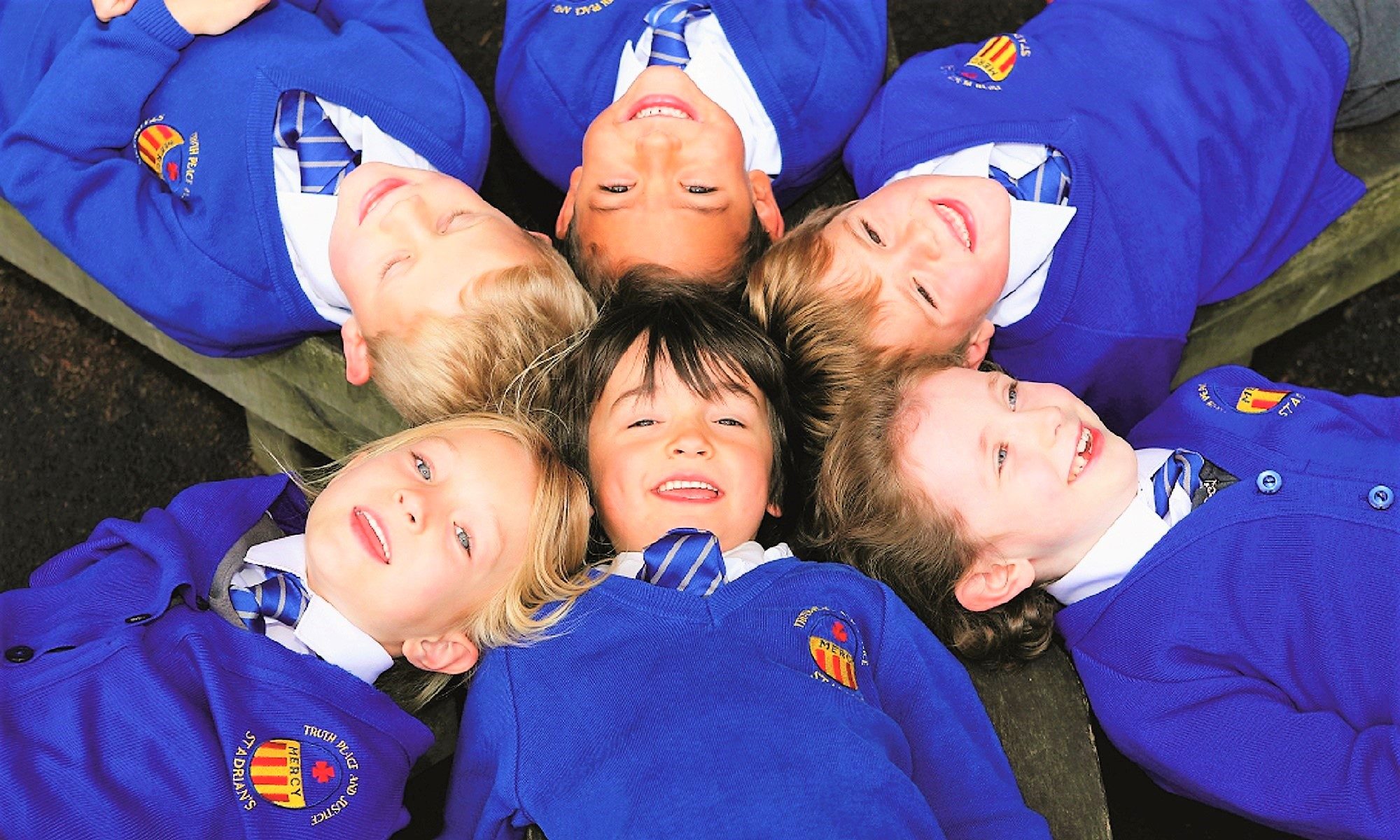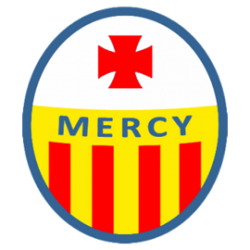This half term’s learning in RE will be about journeys. The experience of community is an essential and enjoyable part of life for people of every age and faith. The cycle of a year and the span of a lifetime contain occasions for regular celebrations as well as unexpected surprises, when people want to celebrate with family, friends and communities.
The Church’s celebrations are community occasions. On Sundays, the parish family gathers together. It is a time to remember how much there is to celebrate; a time to say thank you; a time to know that God’s love is offered and made visible here and now in Jesus and in people. Sacraments are more formal special moments: signs of ‘God-with-us’, who journeys with his people; signs of strength and blessing for life.
Word of God
“Now there was a man in Jerusalem whose name was Simeon; this man was righteous and devout, looking forward to the consolation of Israel, and the Holy Spirit rested on him. It had been revealed to him by the Holy Spirit that he would not see death before he had seen the Lord’s Messiah. Guided by the Spirit, Simeon came into the temple; and when the parents brought in the child Jesus, to do for him what was customary under the law, Simeon took him in his arms and praised God, saying, “Master, now you are dismissing your servant in peace, according to your word, for my eyes have seen the salvation which you have made ready in the sight of the nations; a light of revelation for the Gentiles and glory of your people Israel.” (Luke 2:25-32)
Catechism of the Catholic Church
The whole liturgical life of the Church revolves around the Eucharistic sacrifice and the Sacraments. There are seven Sacraments in the Church: Baptism, Confirmation (or Chrismation), Eucharist, Penance, Anointing of the Sick, Holy Orders and Matrimony. (CCC1210)
The feast of the Presentation of the Lord (2 February) marks a thanksgiving celebration for a first-born son.
All those concerned with education should work and plan together to ensure that the children, besides having some idea of God and the supernatural, should also, in proportion to their years and degree of maturity as persons, have some experience of those human values which are involved in Eucharistic celebration: for example, acting together as a community; exchanging greetings; the capacity to listen, to forgive and to ask for forgiveness; the expression of gratitude; the experience of symbolic actions, conviviality and festive celebration.
Prayer and Reflection
Lord, you fulfilled the hope of Simeon who did not die
until he had been privileged to
welcome the Messiah.
In Sacramental Celebrations we meet the Risen Christ.
May he continue to give us life.
Amen.

